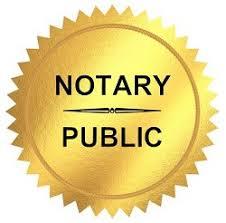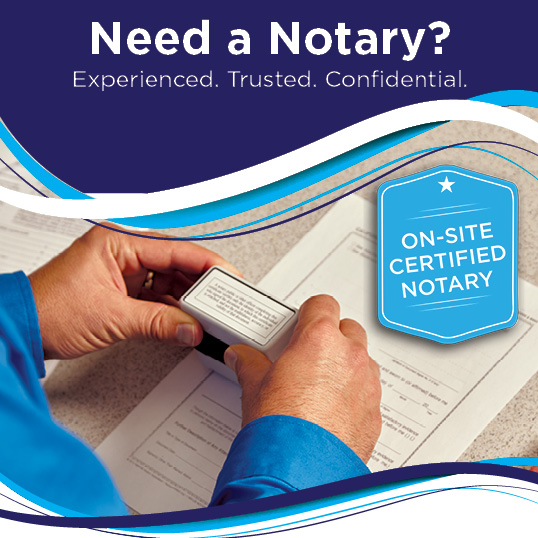Taking Care Of Deceased Estate Issues: Advice Via Legal Process
Taking Care Of Deceased Estate Issues: Advice Via Legal Process
Blog Article
Demystifying Notarial Work: Streamlining the Role and Significance of Notaries
In the complex web of lawful documentation and confirmation, notaries stand as columns of guarantee and credibility. Their function, frequently shrouded in secret for lots of, lugs considerable weight in making certain the validity and integrity of critical files. As guardians of legitimacy and truth, notaries play a critical component in our culture, yet their job is not constantly completely comprehended. By unraveling the complexities surrounding notarial techniques and losing light on the relevance of their acts, a more clear understanding arises of the essential duty notaries play in maintaining the textile of contractual and legal agreements.
The History of Notarial Job
The history of notarial job days back to ancient people, where scribes played a vital duty in taping important details and validating documents. This led to the development of notaries, people designated by the state to act as objective witnesses in lawful issues.
Throughout the Middle Ages, notaries got prestige in Europe, with their features increasing to include composing lawful documents, licensing trademarks, and preserving records. The surge of international profession additionally emphasized the importance of notarial work in validating agreements and agreements across borders.
In the modern age, notaries remain to play a crucial duty in lawful and business transactions by verifying identities, verifying the credibility of records, and protecting against fraudulence. Their duty in licensing the legitimacy of arrangements includes a layer of safety and trust fund to the ever-evolving landscape of commerce and law.

Responsibilities and Responsibilities of Notaries
Notaries play an important duty in validating the credibility of papers and the identification of notaries. One of their key obligations is to witness the finalizing of essential records, such as contracts, acts, and wills, to make sure that all events are entering into agreements intentionally and voluntarily.
They license copies of initial documents, providing guarantee to establishments that the duplicates are true replicas of the originals. On the whole, the obligations and obligations of notaries are important in protecting the integrity and legality of different papers and deals - Apostille.
Notarial Certificates and Signatures
Exemplifying thorough attention to information, notarial certificates and trademarks function as necessary components in confirming the credibility of lawful records. Notarial certificates typically contain critical info such as the day of notarization, the names of the signatories, a summary of the paper, and the notary's official seal. These certificates supply a clear record of the notarial act, making sure that the file can be easily recognized and mapped back to the notary that managed the procedure.
Trademarks play a critical duty in notarial work, as they indicate the arrangement and permission of the events included. Notaries very carefully witness the finalizing of papers to verify the identification of the signatures and validate that they are authorizing of their very own free choice. By fastening their main seal and signature to the paper, notaries license that the needed procedures have actually been followed which the record is enforceable and legitimate.
In significance, notarial certificates and signatures are the hallmark of credibility in lawful transactions, giving guarantee to all events involved that the papers are legitimate and binding.
Value of Notarial Acts

Registration Refine Clarified
The notarization procedure typically begins with the individual offering the paper to a notary public. When the identification is validated, the notary makes sure that the individual authorizing the document does so willingly and without any kind of browbeating.

Final Thought

Notarial certifications generally have essential info such as the day of notarization, the names of the signatures, a summary of the record, and the notary's official seal. These certificates offer a clear document of the notarial act, making sure that the record can be conveniently identified and mapped back to the notary who supervised the process.
By attaching their official seal and signature to the document, notaries certify that the necessary procedures have actually been followed and that the file is enforceable and valid.
By verifying the identification of the signatures, verifying their readiness to get in into the arrangement, and accrediting the day and place of the signing, notaries play a vital duty in maintaining the legitimacy of legal papers.After the paper is signed, the notary will fasten their main seal or stamp onto the record.
Report this page